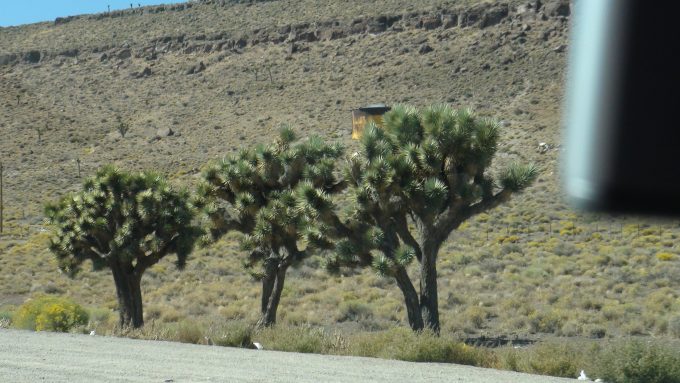
Thursday, 1 November 2018
…that you do not become sluggish, but imitate those who through faith and patience inherit the promises. Hebrews 6:12
The “same diligence to the full assurance of hope until the end” which was stated in the preceding verse is now explained by saying, “that you do not become sluggish.” To become sluggish implies a change from one state to another. In this case, it is going from diligence to sluggishness. This word was introduced in verse 5:11 as “dull” as in “dull in hearing.” This is now its last use in the Bible. It signifies being lackadaisical, lazy, and so on. The author is imploring his Hebrew audience to not allow this type of attitude to prevail, but rather to remain diligent. He then explains the rest of the words from 5:11, and which contrast being sluggish in this verse by saying, “but imitate those who through faith and patience inherit the promises.”
Some older translations say that they are to be “followers” of those examples. This misses the force of the thought. One can follow without imitating. Rather, we are to emulate them. Further, the Greek of the verb for “inherit” is in the present tense. It should say, “are inheriting.” There is no doubt about their state. They are in the process of inheriting the promises, and the author asks his readers to imitate them as they conduct their lives in Christ with the same diligence. In this, they will remain confident of the hope they possess. They too are inheriting the promises, but to become sluggish in their attitude will cause them to lose the confidence they should possess in this. When one lacks confidence, they become ineffective in the matters in which their confidence is lacking.
Some of those who are referred to in this verse will be explicitly named in Chapter 11, the “Hall of Fame” of the faith. It is those who persevere in faith and good works that will receive the greater blessing on that day. All who have come to saving faith in the Lord’s promises (as are realized in Messiah), the redeemed of the ages, will be there. However, there will certainly be different rewards and many losses based on what we do in this life. But one should never feel that his contribution is insignificant compared to great scholars, evangelists, or theologians. Hebrews 11 will show that whatever is worthy of reward is that which is done in faith. One can be a great Bible scholar, but possess little faith in the Bible. Another can be a janitor with little theological training, and yet he can possess complete faith in what the Bible proclaims. Which of the two is on the more sure footing?
Life application: Although there is surely a ranking within the gifts which God portions out to His people, it doesn’t necessarily mean the reward for exercising a lesser gift will be less than that of exercising a greater gift. If a person who has a greater gift doesn’t exercise it, by faith, to his utmost, can he expect greater rewards than someone who cheerfully and humbly exercises his lesser gift in total faith? Each person is given a gift and the ability to exercise it, in faith, to the glory of Christ Jesus. Let us ever strive to do so to the utmost of our ability!
Thank you O God, for the gifts that You have given to us in our Christian walk. Help us to be aware of them, exercise them to our utmost, and to do this in a manner which brings glory to You and not to us. May we never look down on, or in envy of, others as they pursue the exercise of their gifts. Glory to You for how You have dealt with us! Amen.




